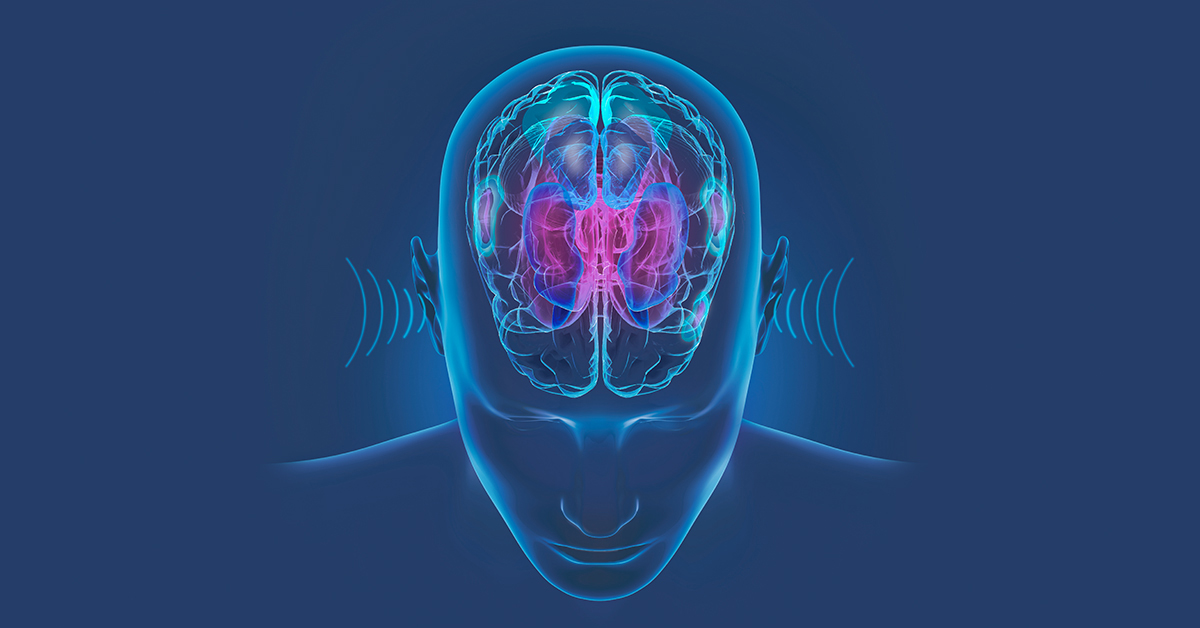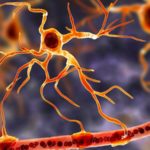In a recent study, a group of German researchers at Ruhr-Universität Bochum provided new insight into the association between hearing deterioration and the risk of dementia among elderly people.
The findings, released online in the peer-reviewed journal Cerebral Cortex, featured the use of laboratory rodents with hereditary and cumulative hearing loss beginning in early adulthood.
“We observed that 2–4 months postnatally, increases in the cortical and hippocampal expression of GluN2A and GluN2B subunits of the N-methyl-D-aspartate receptor occurred compared to control mice that lack sensory deficits,” according to the findings.
“Furthermore, GABA and metabotropic glutamate receptor expression were significantly altered.”
Among the rodents, hippocampal synaptic plasticity was significantly impaired, leading to the exhibition of memory deficits.
“These data show that during cortical adaptation to cumulative loss of hearing, plasticity-related neurotransmitter expression is extensively altered in the cortex and hippocampus,” the findings determined. “Furthermore, cumulative sensory loss compromises hippocampal function.”
All in all, the results suggest that age-related deafness could aid in the loss of function of the hippocampus as a result of aging.
The study was funded by the German Research Foundation.


